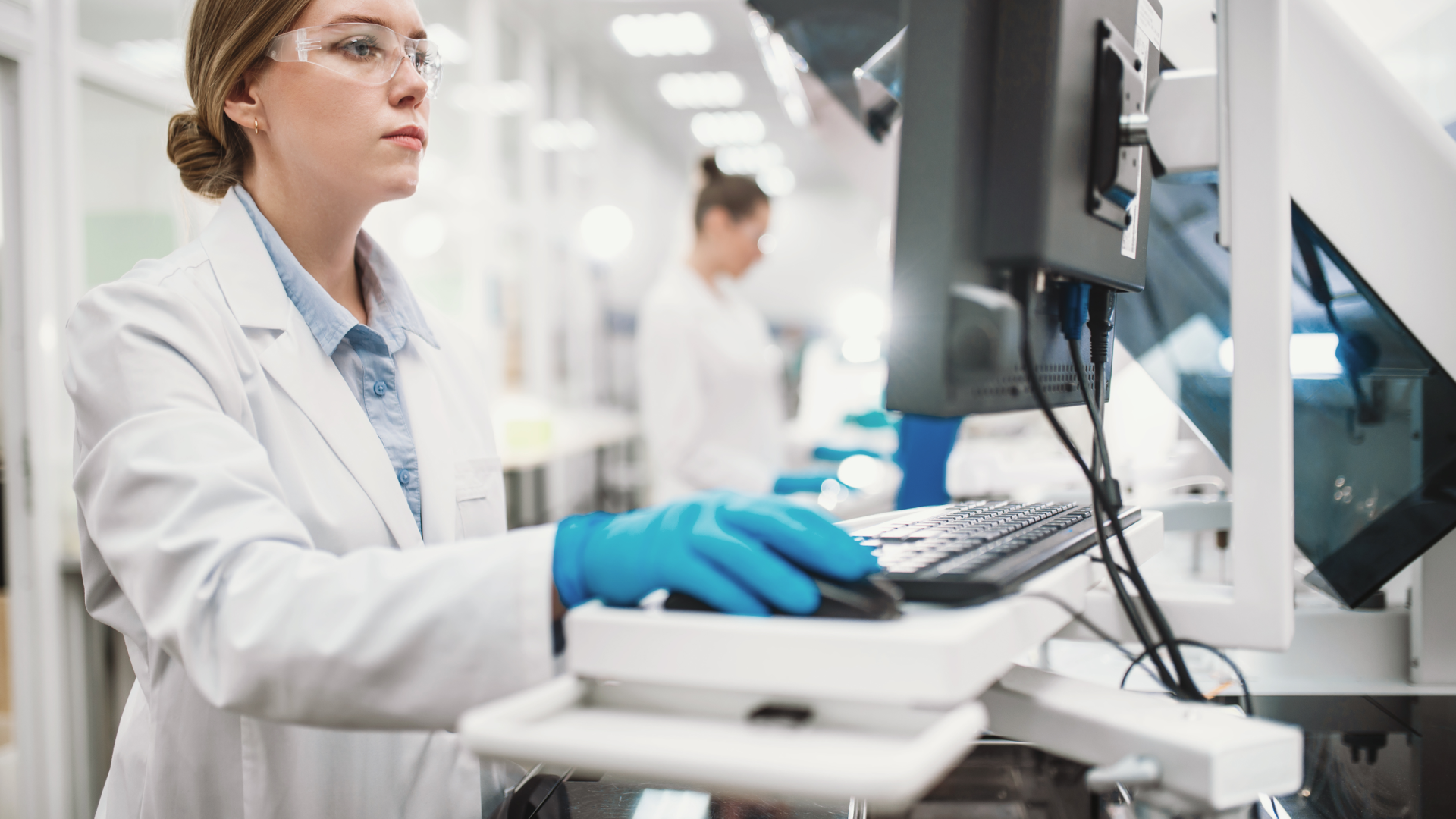Early and accurate diagnosis saves lives. With our funding, teams at Queen Mary University of London and Barts Health NHS Trust will investigate how marks on DNA in our blood – and the information they contain – can be used to detect a wide range of diseases, early and accurately. This can particularly benefit our diverse communities in East London who are often under-represented in genetic studies.
Our DNA holds vital information
Tiny fragments of DNA circulate in our blood. These fragments, known as cell-free DNA, hold chemical marks that contain vital information that researchers use to analyse and detect diseases such as cancer.
However, this information could be harnessed to identify a much wider range of diseases, including pre-eclampsia.
We have invested over £3 million in a collaboration of world-leading expertise in epigenetics and artificial intelligence, aiming to unlock the information given by cell-free DNA that could help with earlier diagnosis. It could be used across a wide range of conditions, including cardiovascular, kidney and liver disease, cancer, ageing and pregnancy.
A simple blood test for early detection in cancer
Epigenetics is the study of how your environment changes the way your genes work. This happens when chemical “tags” are added to DNA, causing the genes to be switched “on” and “off”. This process helps determine what function different cells in your body will have. It also plays a role in certain diseases.
Cell-free DNA technology is already used to detect tumour growth in cancer and for non-invasive testing for certain conditions during pregnancy. This is done through a liquid biopsy – a simple and cost-effective blood test.
World leading expertise
Queen Mary has one of the UK’s largest and internationally recognised, epigenetics research communities. With this investment they will recruit world-leading experts in epigenetic cell-free DNA analysis and machine learning/artificial intelligence research. They will also gain access to the latest technologies and equipment for studying epigenetic information in cell-free DNA.
A pilot study involving patients from Barts Health NHS Trust will explore how epigenetic biomarkers impact on pregnancy complications such as pre-eclampsia, a complication suffered disproportionately by women in East London. The study could uncover information that could predict pregnancy outcomes and help earlier diagnosis.
Benefit for East London
Differences in genetic backgrounds can have significant implications for diagnosis from one person to another, yet people from ethnic minority backgrounds are under-represented in genetic studies. The centre aims to develop the tools to successfully detect disease quickly, that will consider the diverse backgrounds in East London.
"Accurate, simple and equitable solutions for diagnosing diseases early can make all the difference for how effective treatment is. We want to meet this need by tapping into epigenetic information that is released from diseased cells into the bloodstream, making it readily detectable."Dr Miguel Branco, Reader in Genome Regulation at the Blizard Institute - Faculty of Medicine and Dentistry
“The aim is to identify high-risk patients who would progress from pre-clinical to malignant cancer, pregnancy related complications or cardiovascular conditions, and prioritise clinical interventions. It will require a large team effort to connect patients (clinicians), experts in epigenetics, with AI researchers who can interpret large and complex datasets. By bringing together these groups of experts we hope to accelerate the development of novel disease detection tools in a wide range of conditions”.Dr Gabriella Ficz, Reader in molecular biology and epigenetics at Barts Cancer Institute - Faculty of Medicine and Dentistry
“We are proud to support this programme of epigenetics research that will help experts at Queen Mary and Barts Health to develop new tools that could revolutionise diagnostics across a wide range of conditions and contexts. Importantly, their work will take into account the diverse and often under-represented backgrounds in East London, helping to improve the lives of our local population.”Fiona Miller Smith, CEO at Barts Charity


